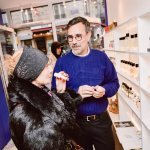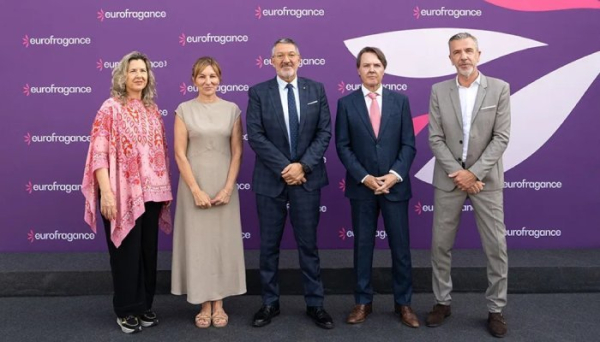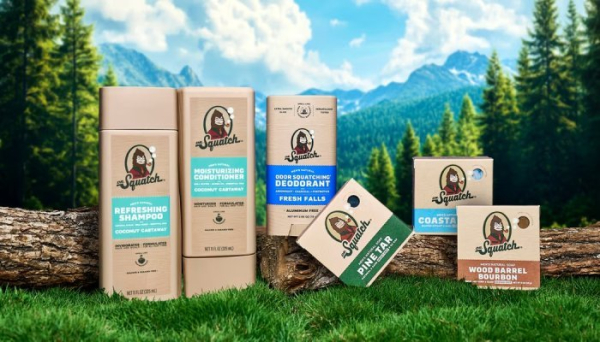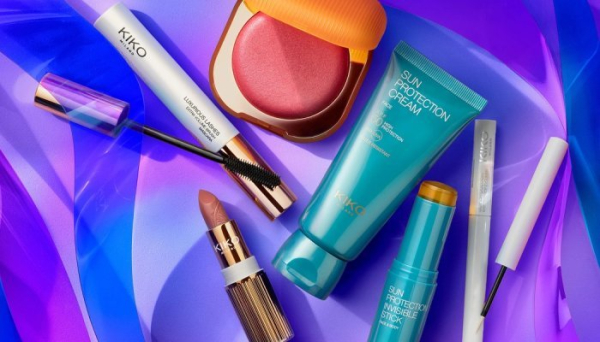
Boosted by consumer demand, niche perfumes are on a roll, both in France and in many European markets. Launches are soaring in this segment, and given the limited space in points of sale, brands need to fight to be physically present in stores. Let’s take a look at the situation on the ground.
In France, niche and collection perfume sales worth over 175 euros rose by 36% in 2024, according to Circana. The market dynamism appeals to newcomers; however, offline, many brands struggle to gain visibility among consumers. “I reject several requests per week,” explains Jérôme Herrgott, a sales agent specialising in the niche segment, and the founder of Spray Conseil. Just like Emmanuel Haddad (Niche Beauty Brand) and Manon Carrère (Ma Note de Cœur), his mission consists in serving as a link between brands and retailers.
Referencing: a key challenge
The French market is known for being particularly tough, due to specialised distribution that tends to be scattered across the territory. “It is not easy for young brands to go to points of sale and get an appointment. We help them overcome this entry barrier, because stores trust us. It goes much faster with us,” explains Carrère.
“The partnership with Manon helped us structure our business, because we were able to lay the foundations of our physical network in France, which is an extremely competitive market,” confirms Fanny Fortin Descamps, the co-founder of Fascent. “This is when support is the most valuable: when you need to convince people, demonstrating a strong vision, while no one actually knows you.”
Outsourcing this service to an agent also helps minimise financial risks, because the contract is based on a sales commission of about 15%. Travel expenses are reduced because the agent represents a portfolio of brands. “It is a flexible, virtuous model that is particularly well-adapted to developing young brands eager to focus on creation and development, without sacrificing attention to each point of sale,” says Fascent.
Agents also play the role of market experts able to provide advice. “In the first few years, rather than trying to enter all points of sale, I provided Thomas de Monaco with a few recommended stores for which there was some affinity, and which would enhance his visibility and sales in the long term,” explains Herrgott.
Network animation
Human relationships are central to this trade: agents work with retailers as part of a long-lasting, trusted, transparent partnership. They attend shows all around the world and can help make an initial selection among new launches. Their portfolio is designed to cover several market segments, without any brand outshining others. They are aware of their network’s expectations.
“I build my portfolio in order to represent brands with a strong identity, whether they be transgressive or rooted in counter-culture, like Room 1015, or they deliberately adopt a second-degree positioning. To me, what matters most is strong aesthetics. I do not try to appeal to everyone,” says Haddad. “My added value lies in my ability to convince retailers. The French market is still attached to established values, so it requires patience and perseverance. The main challenge consists in developing a relevant narrative so that the public clearly perceives what these companies can offer them.”
Agents regularly visit stores, take care of merchandising tasks, and train sales teams. They can attend launches as well. “It is important to offer in-store experiences and be in contact with final customers. Animations can take the form of a presentation, a workshop on raw materials, a meeting, or even a cross-experience with a brand in a different industry at a concept store…,” explains Carrère.
Agents’ versatility and the importance of the human aspect can explain why even well-established brands use these services. Some of them already have one or more company-owned stores, including État Libre d’Orange and L’Atelier Parfum. “They seek both networks that are already well-developed and close collaborations with resellers. I have been doing this job for almost ten years and closeness is top of my agenda. Given the high number of points of sale, it is tricky for them to be present in the field,” emphasises Herrgott.
Carrère has supported Essential Parfums since the beginning. “We have grown together. I still contribute to increasing sales. This collaboration is challenging for me, it urged me to develop my own structure.”
Detecting opportunities
The young entrepreneur decided to get the help of two salespeople outside the Paris region and to enhance her operational and digital marketing skills. “The market is booming; it is the right time to invest. This year, another ten niche perfume stores opened in France. The brands in my portfolio grow by at least 40% every year. I aim to double our turnover next year.”
The French market seems to be able to absorb new brands. “I recently started working with the brand Xerjoff. I feel it has a strong potential in France. A few stores have already asked me for it,” reveals Herrgott.
“The niche market is on a roll; I think that by 2027, we will see more specialised points of sale burgeon,” confirms Haddad.
New distribution channels might actually support the segment’s growth. For example, Haddad has observed that in the US, niche perfumes are mainly distributed in concept stores. “In France, these points of sale are also keen on our products. But the main challenge lies in training sales teams, because they are do not always know much about the olfactory world,” he concludes.
Portfolio











